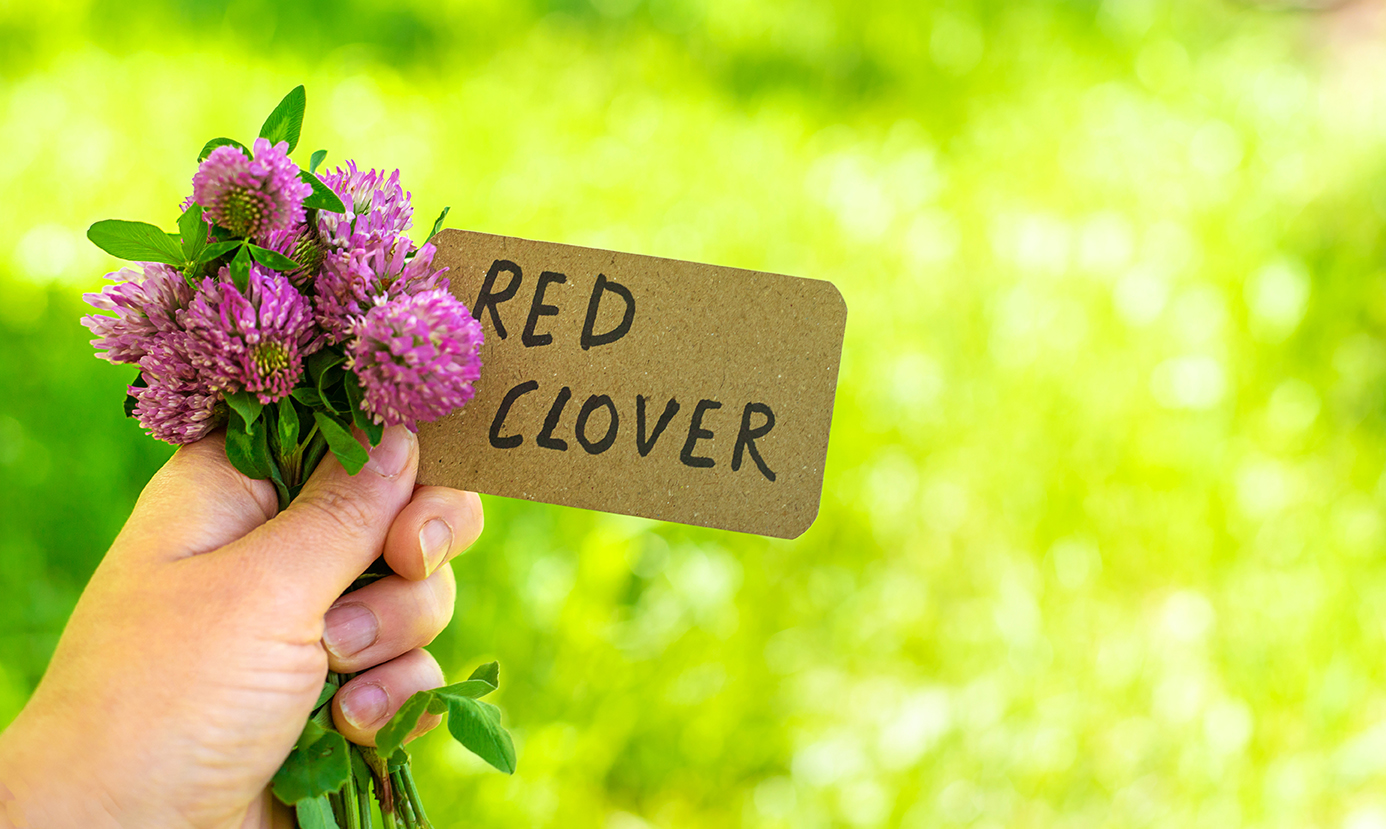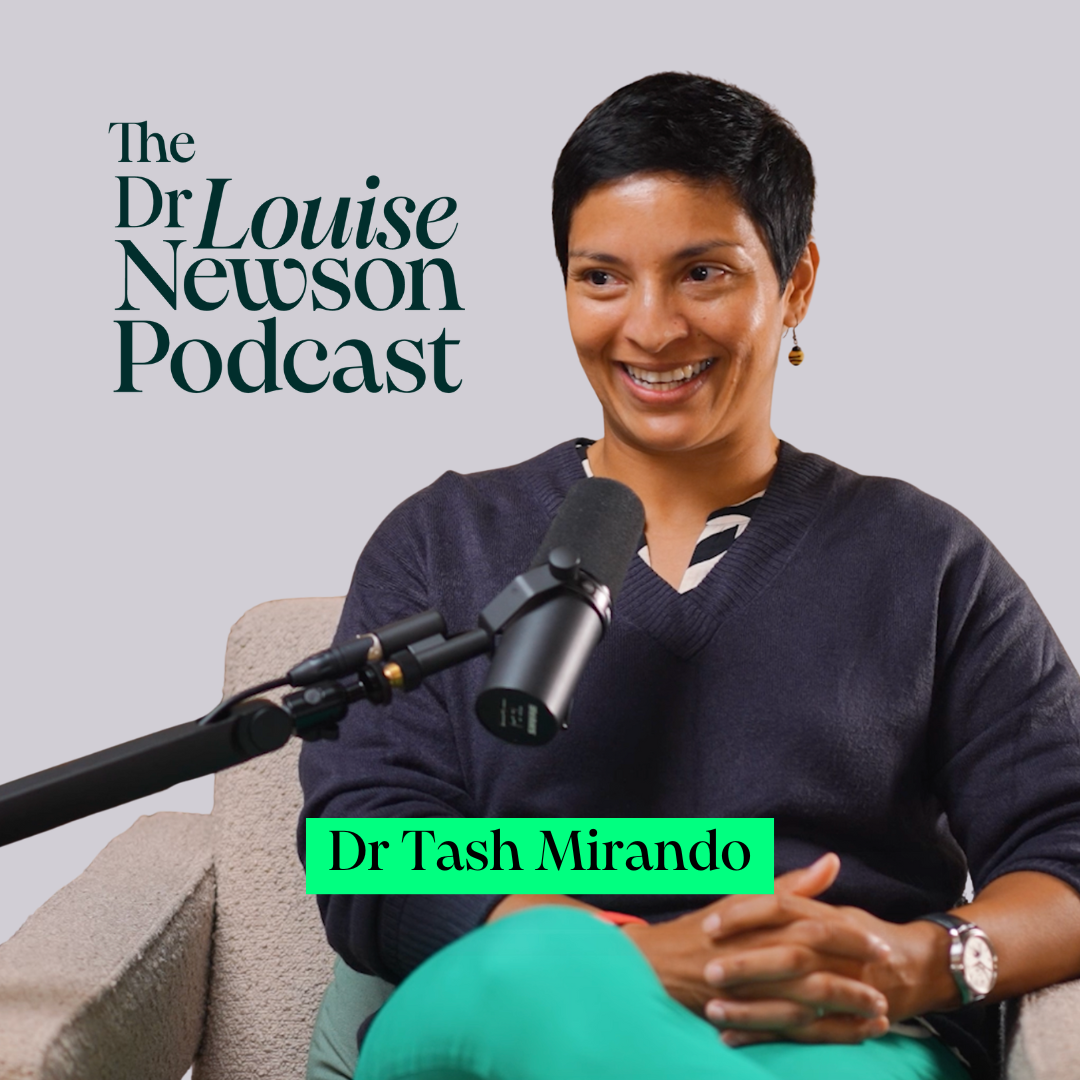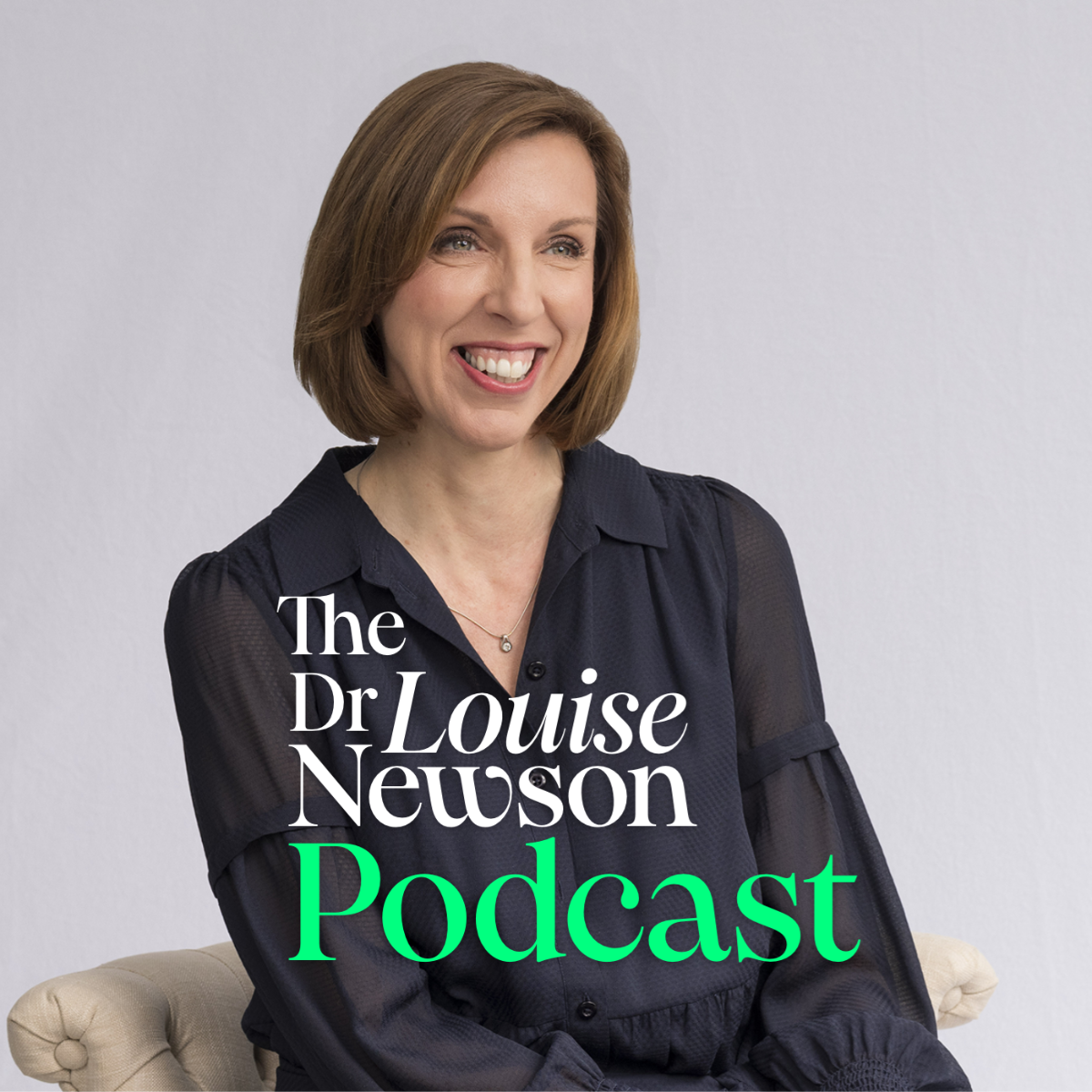Isoflavone supplements are often marketed at perimenopausal and menopausal women - here's what you need to know
Isoflavones are a type of phytoestrogen, which are compounds similar to estradiol (estrogen) produced in your ovaries. These compounds are found in red clover, a flowering plant, which is what you may see named or pictured on supplement packaging.
Isoflavones are also present in very small amounts in foods such as soy, flax seeds, lentils and oats. You can also get soy isoflavone supplements, which are often aimed at perimenopausal and menopausal women.
Finally, isoflavones are often included in combined supplements marketed at perimenopausal or menopausal women.
RELATED: Do I need supplements during menopause?
How do isoflavones work?
Isoflavones mimic the effects of estradiol – they have a similar chemical structure and can bind to many estrogen receptors in your body to stimulate estrogen responses. However, isoflavones don’t have the same potency nor chemical structure as the estradiol produced by your body, so will not have the same effect. Also, when they bind to some receptors they can block the effects of your body’s natural estradiol.
How effective are isoflavones?
Researchers have found that people taking red clover reported fewer hot flushes and less vaginal dryness than women who don’t take it [1,2].
There is also some evidence that soy isoflavones can help decrease the frequency of hot flushes [3].
NICE guidance says that while there is some evidence isoflavones can reduce hot flushes and night sweats, the strength and quality can be variable, their safety uncertain and interactions with other medication has been reported [4].
RELATED: Hot flushes explained
What are the side effects?
Isoflavones are generally well tolerated [5] and side effects tend to be mild and mostly gastrointestinal, including nausea, bloating, diarrhoea.
Who can take isoflavones?
You should avoid isoflavones if you are pregnant or breastfeeding, and speak to your healthcare professional if you are using hormonal contraception.
If you have, or have had, a hormone-sensitive cancer, you should discuss isoflavones with your healthcare professional before taking them. The potential interaction between isoflavones and tamoxifen is complex and should be discussed with your healthcare professional.
RELATED: A guide to menopause if you've had breast cancer
What’s the bottom line?
The most effective evidence-based treatment for perimenopausal and menopausal symptoms, is HRT because it targets the underlying cause – low hormones. Also, HRT is bone, heart and neuro-protective, and reduces all-cause mortality by 30% [6].
Any herbal supplement should be chosen with care – they are not tested and regulated in the same way as medications and the purity and quality of ingredients can’t be guaranteed.














